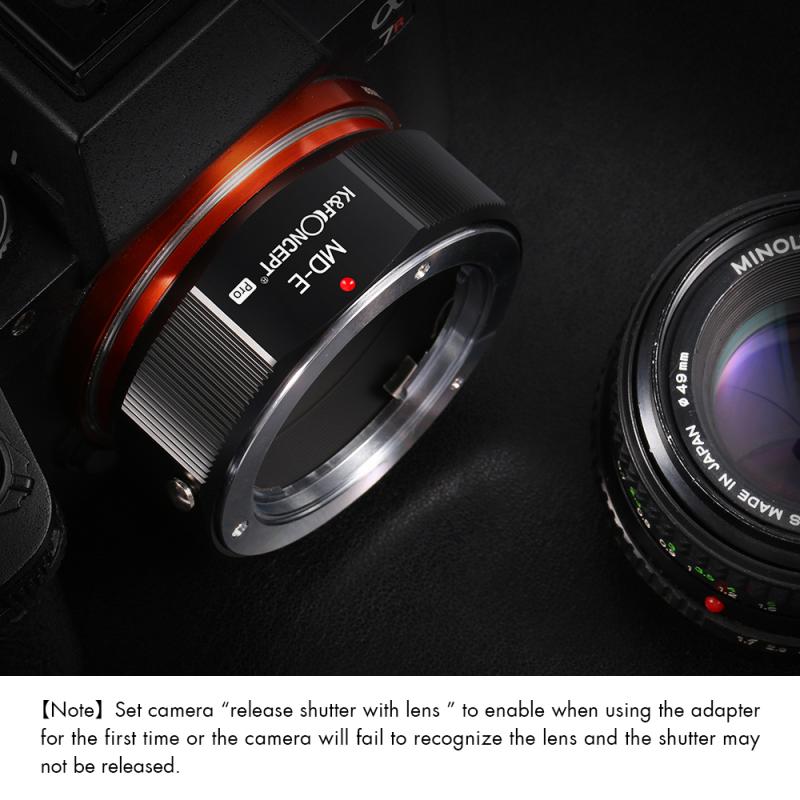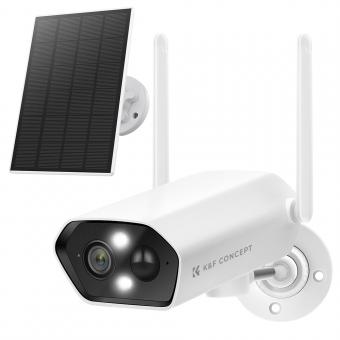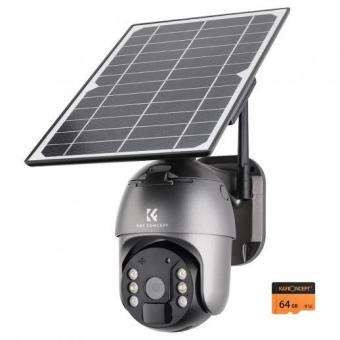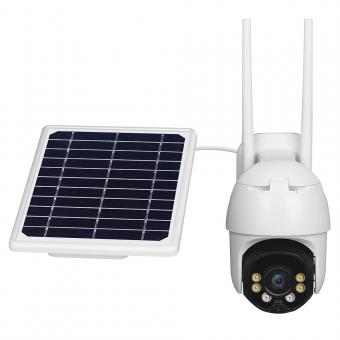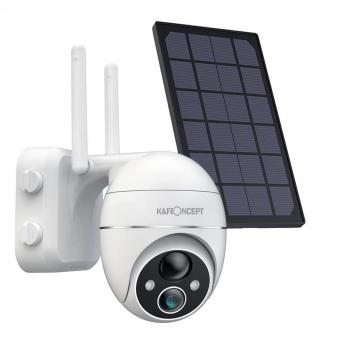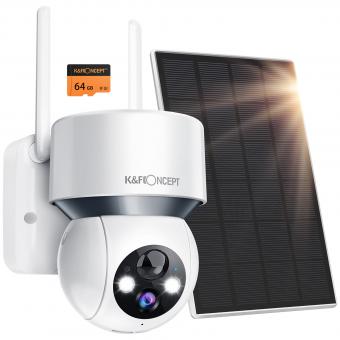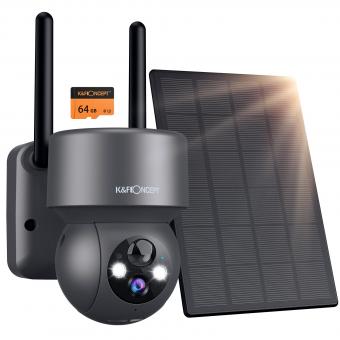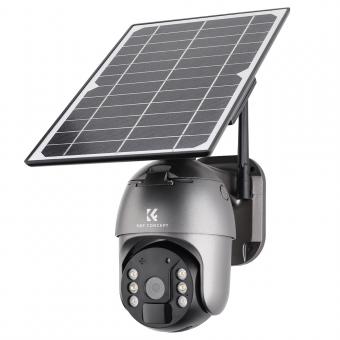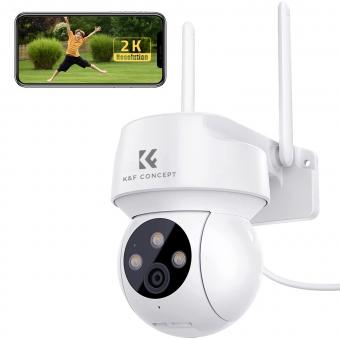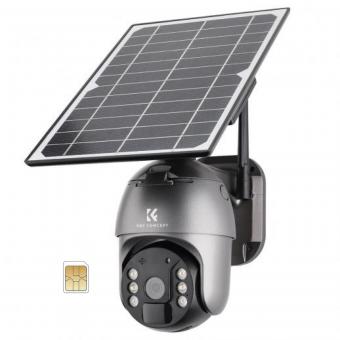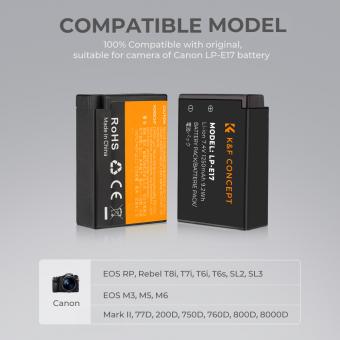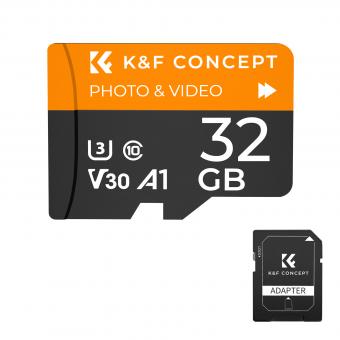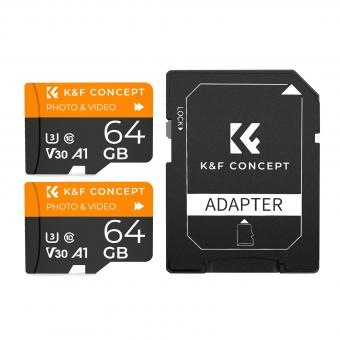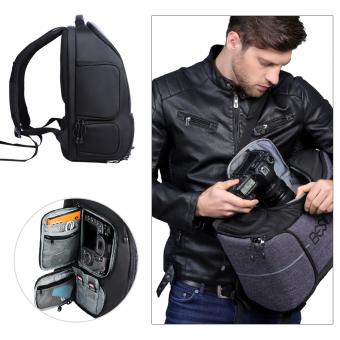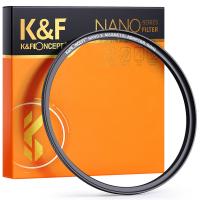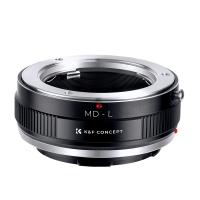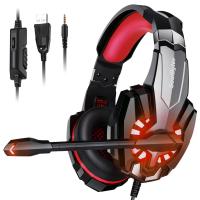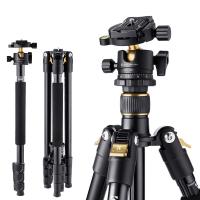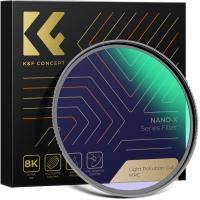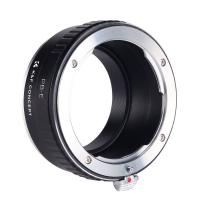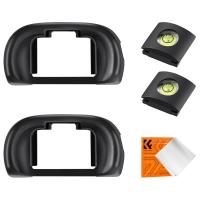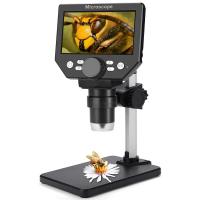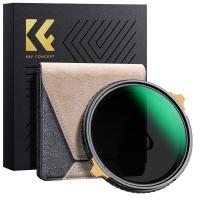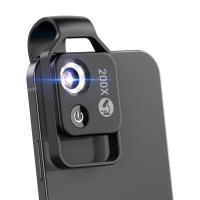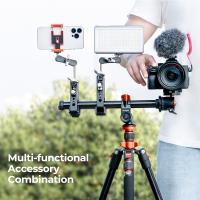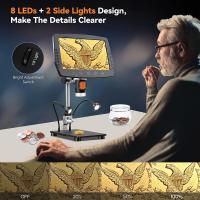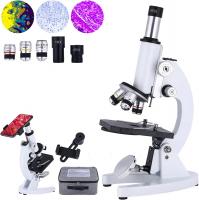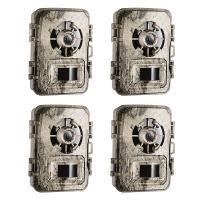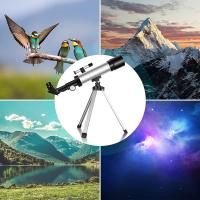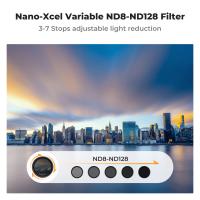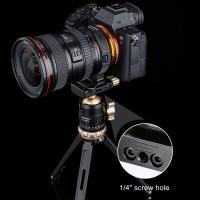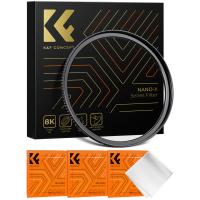What Is The Best Security Camera To Purchase ?
The best security camera to purchase depends on your specific needs and preferences. Some popular options include the Arlo Pro 3, Nest Cam IQ Outdoor, Ring Stick Up Cam, and Wyze Cam Pan. These cameras offer features such as high-resolution video, night vision, motion detection, two-way audio, and cloud storage. It is important to consider factors like the camera's field of view, connectivity options, weather resistance, and compatibility with other smart home devices. Additionally, consider whether you prefer a wired or wireless camera, as well as your budget. Researching and comparing different models based on your requirements will help you make an informed decision.
1、 Resolution: High-definition vs. standard-definition security cameras
When it comes to choosing the best security camera to purchase, one of the key factors to consider is the resolution. The resolution of a security camera determines the clarity and level of detail in the captured footage. In this regard, the choice often boils down to high-definition (HD) versus standard-definition (SD) security cameras.
HD security cameras offer a higher resolution than SD cameras, typically ranging from 720p to 4K. This means that HD cameras can capture more detailed images and videos, allowing for better identification of individuals and objects. With advancements in technology, HD cameras have become more affordable and accessible, making them a popular choice among consumers.
On the other hand, SD cameras have a lower resolution, usually around 480p. While they may not offer the same level of detail as HD cameras, they can still provide adequate surveillance in certain situations. SD cameras are often more budget-friendly and can be suitable for monitoring small areas or for those who prioritize cost over high-resolution footage.
However, it is important to note that the latest trend in security cameras is the shift towards higher resolutions, particularly 4K cameras. These cameras offer exceptional clarity and detail, allowing for even better identification and monitoring capabilities. Additionally, advancements in video compression technology have made it easier to store and manage the large amounts of data generated by high-resolution cameras.
In conclusion, while SD cameras may still have their place in certain scenarios, HD cameras, particularly those with 4K resolution, are becoming the preferred choice for security camera systems. The higher resolution provides clearer and more detailed footage, enhancing the effectiveness of surveillance and identification. As technology continues to advance, it is likely that the trend towards higher resolutions will continue, making HD cameras the best option for most security camera purchases.
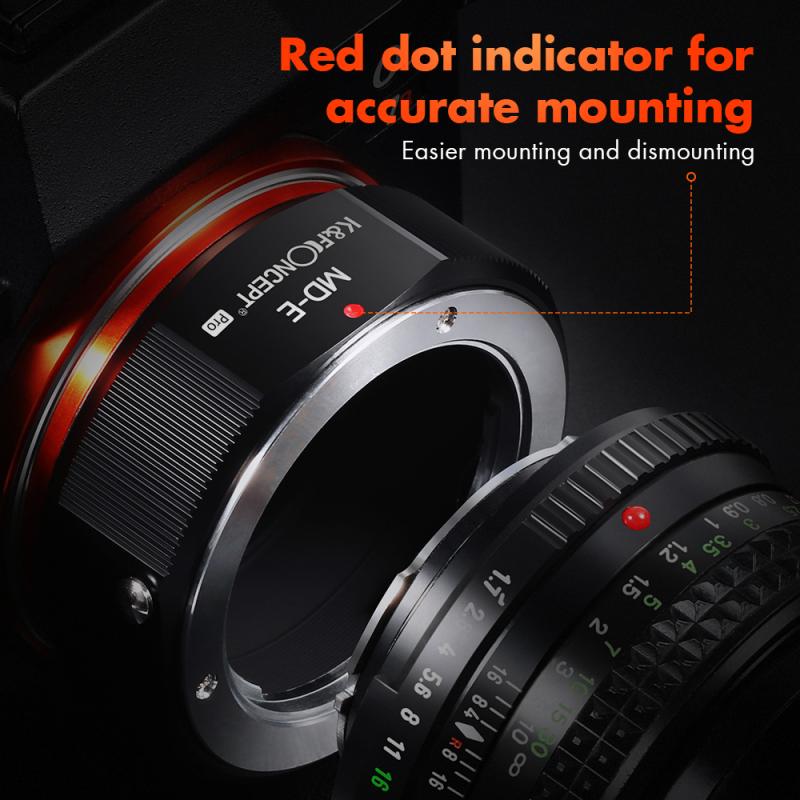
2、 Connectivity: Wired vs. wireless security camera systems
When it comes to choosing the best security camera, the decision often boils down to the connectivity option: wired or wireless. Both options have their own advantages and disadvantages, and the choice ultimately depends on your specific needs and preferences.
Wired security camera systems offer a reliable and stable connection. They are typically more secure as they are not susceptible to interference or hacking. Additionally, wired cameras do not rely on Wi-Fi signals, ensuring a consistent and uninterrupted video feed. However, the installation process can be more complex and time-consuming, requiring cables to be run through walls or ceilings.
On the other hand, wireless security camera systems offer greater flexibility and ease of installation. They can be easily mounted and moved around without the need for extensive wiring. Wireless cameras are also more convenient for remote monitoring, as they can be accessed through mobile devices or computers. However, they are susceptible to signal interference and may experience connectivity issues, especially in areas with a weak Wi-Fi signal.
In recent years, wireless security cameras have seen significant advancements in technology, addressing some of the previous concerns. The latest wireless cameras now offer improved connectivity, longer battery life, and enhanced video quality. Additionally, many wireless systems now come with advanced features such as motion detection, night vision, and two-way audio.
Ultimately, the best security camera connectivity option depends on your specific requirements. If you prioritize reliability and stability, a wired system may be the better choice. However, if flexibility and ease of installation are more important to you, a wireless system may be the way to go. It is recommended to thoroughly research and compare different camera models and brands to find the one that best suits your needs.
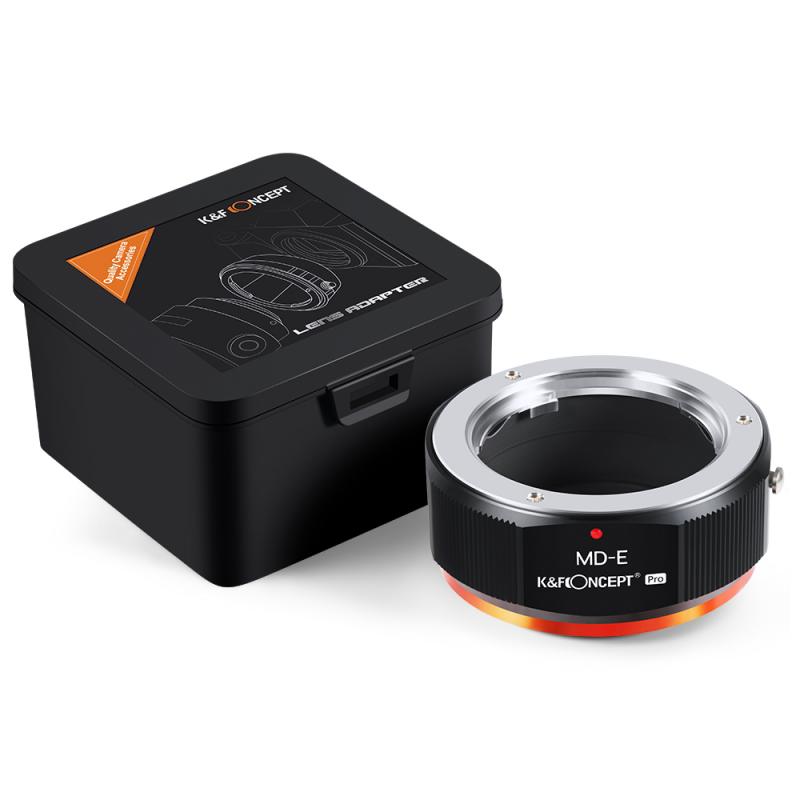
3、 Field of view: Wide-angle vs. narrow-angle security cameras
When it comes to choosing the best security camera to purchase, one important factor to consider is the field of view. The field of view refers to the area that a camera can capture and monitor. There are two main types of field of view: wide-angle and narrow-angle security cameras. Each has its own advantages and it ultimately depends on your specific needs and preferences.
Wide-angle security cameras offer a broader view of the surroundings, allowing you to monitor a larger area with a single camera. This can be particularly useful for outdoor surveillance or large indoor spaces such as warehouses or retail stores. With a wide-angle camera, you can capture more details and have a better overview of the entire scene. However, it's important to note that wide-angle cameras may have a slight distortion at the edges of the image.
On the other hand, narrow-angle security cameras provide a more focused view of a specific area. These cameras are ideal for monitoring specific points of interest or for situations where you need to capture more detailed images. Narrow-angle cameras are commonly used for applications such as entranceways, hallways, or cash registers. They can provide a higher level of detail and clarity, but they may not cover as much area as wide-angle cameras.
It's worth mentioning that the latest advancements in security camera technology have led to the development of cameras with adjustable fields of view. These cameras allow you to manually adjust the angle of view according to your needs, providing the flexibility to switch between wide-angle and narrow-angle perspectives.
In conclusion, the best security camera to purchase depends on your specific requirements. If you need to monitor a large area, a wide-angle camera would be more suitable. However, if you require more detailed images of specific points, a narrow-angle camera may be the better choice. Consider the layout of your space, the level of detail you need, and the specific areas you want to monitor when making your decision.
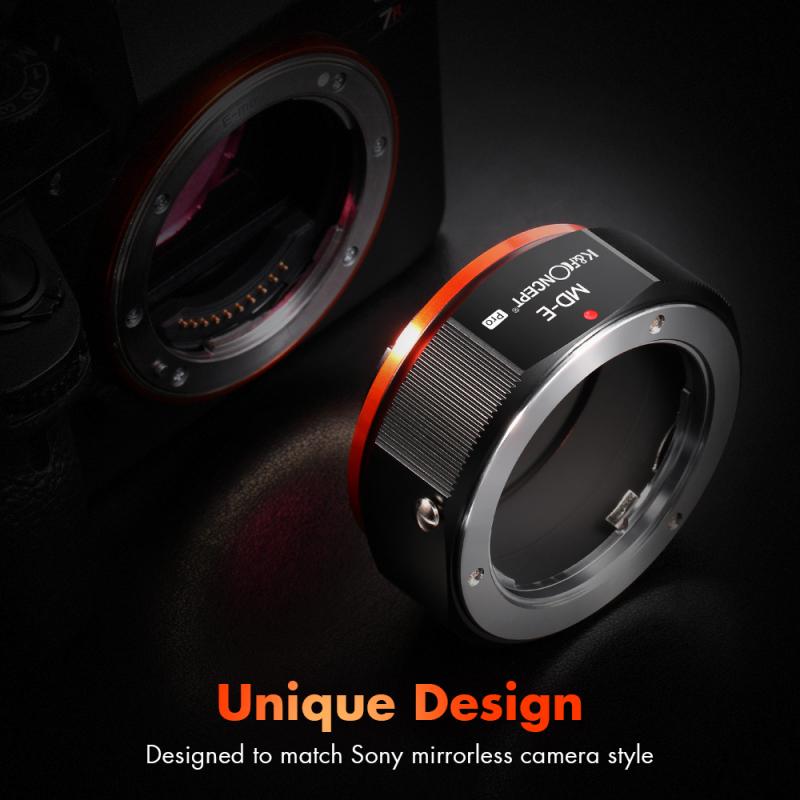
4、 Night vision: Infrared vs. color night vision security cameras
When it comes to choosing the best security camera, the decision between infrared (IR) and color night vision cameras is an important one. Both options have their own advantages and considerations, and the choice ultimately depends on your specific needs and preferences.
Infrared night vision cameras use infrared light to capture images in low-light or no-light conditions. They emit infrared light that is invisible to the human eye but can be detected by the camera's sensor. This technology allows for clear black and white images, even in complete darkness. IR cameras are generally more affordable and have a longer range compared to color night vision cameras. However, they may not provide the same level of detail and color accuracy as color night vision cameras.
On the other hand, color night vision cameras use ambient light sources, such as streetlights or porch lights, to capture color images in low-light conditions. These cameras can provide more detailed and accurate color images compared to IR cameras. However, they may struggle in complete darkness or areas with limited ambient light.
The latest advancements in technology have led to the development of cameras that combine both IR and color night vision capabilities. These cameras automatically switch between modes depending on the lighting conditions, providing the best of both worlds.
Ultimately, the best security camera for you depends on your specific requirements. If you need to monitor an area with no ambient light, an infrared night vision camera may be the better choice. However, if color accuracy and detail are important to you, a color night vision camera may be more suitable. Consider factors such as lighting conditions, budget, and desired image quality when making your decision.
